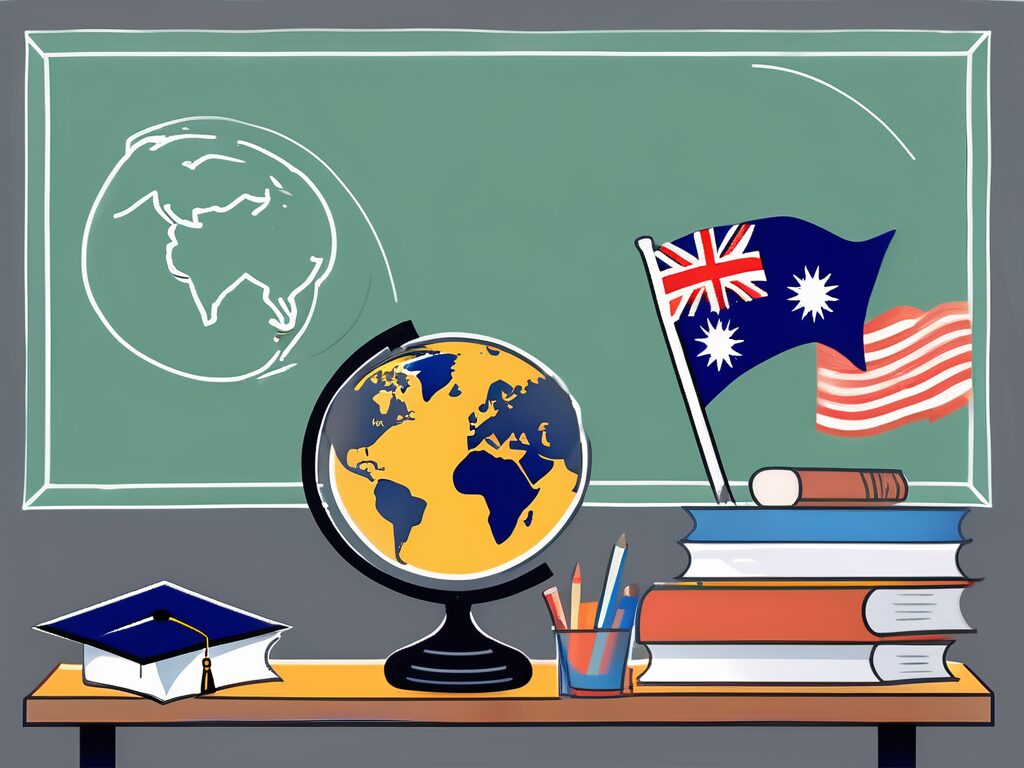In the realm of international education, Malaysia stands as a fascinating case study. Known for its multicultural society, the country’s education system is a melting pot of diverse cultures, languages, and teaching methodologies. However, like many other countries, Malaysia faces its own unique set of challenges, particularly when it comes to international teachers. In this exploration, we delve into five key issues that international teachers with a Master’s in Education might encounter in Malaysia.
Language Barriers
As an international teacher in Malaysia, one of the first hurdles you might face is the language barrier. While English is widely spoken, the national language is Bahasa Malaysia, and it is used extensively in schools, especially in rural areas. This can pose a significant challenge for teachers who are not fluent in the local language.
Imagine trying to explain complex scientific concepts or historical events in a language you’re barely familiar with. It’s a bit like trying to cook a gourmet meal using only a microwave – possible, but not without its difficulties. To overcome this, many international teachers invest time in learning the local language, which not only aids in teaching but also helps in building stronger relationships with students and staff.
Understanding Cultural Nuances
Malaysia is a country rich in cultural diversity, with a population comprising of Malays, Chinese, Indians, and various indigenous groups. Each of these cultures has its own unique customs and traditions, which can be quite a challenge for international teachers to navigate.
Think of it as trying to follow the rules of a board game you’ve never played before. You’re likely to make a few mistakes along the way. However, with time, patience, and a willingness to learn, you can begin to understand and appreciate the rich tapestry of cultures that make up Malaysian society.
Curriculum Differences
Another significant challenge for international teachers in Malaysia is the difference in curriculum. The Malaysian education system follows a different structure and syllabus compared to Western education systems. This can be quite a jolt, akin to switching from driving a manual car to an automatic one. It’s not impossible, but it does require a period of adjustment.
International teachers often have to adapt their teaching methods to suit the local curriculum. This might involve learning new topics, adjusting lesson plans, and finding creative ways to engage students who might be used to a different style of teaching.
Standardised Testing Focus
Malaysia’s education system places a heavy emphasis on standardised testing. This can be quite a shift for international teachers who come from education systems where critical thinking and creativity are prioritised.
It’s like being a chef who’s used to creating their own unique dishes, but now has to follow a specific recipe to the letter. While it might feel restrictive at first, understanding the importance of these tests in the Malaysian context can help teachers adapt their teaching strategies accordingly.
Professional Development Opportunities
Professional development is a crucial aspect of a teacher’s career. However, in Malaysia, opportunities for professional development can be limited, particularly in rural areas. This can be frustrating for international teachers who are keen to continue learning and improving their teaching skills.
It’s akin to being an athlete who’s eager to train for a marathon, but only has access to a small local gym. However, many teachers overcome this by seeking out online professional development opportunities, or by initiating their own professional learning communities with other teachers.
Access to Resources
Lastly, access to teaching resources can be a significant issue for international teachers in Malaysia. This is particularly true in rural areas, where schools may lack the necessary resources for effective teaching and learning.
Imagine being a painter without access to the right colours or brushes. It’s a challenge, but it also encourages creativity and resourcefulness. Many teachers find innovative ways to teach their students, using local materials and resources to enhance their lessons.
In conclusion, while teaching in Malaysia presents its own unique challenges, it also offers a wealth of opportunities for growth and learning. By understanding and navigating these issues, international teachers can make a significant impact on their students’ lives, contributing to the development of a vibrant and inclusive education system in Malaysia.
Enhance Your International Teaching Career with The IQTS at UWE
As you navigate the complexities of international teaching in Malaysia, consider elevating your qualifications with The International Qualified Teacher Status (iQTS) programme at UWE. This Level 7 qualification is designed to address the barriers you face, such as stringent qualification requirements and the need for a deeper understanding of global education systems. With the iQTS, you can boost your interview callbacks, increase your chances of promotion, enhance your professional network, and gain valuable insights into international curricula. Embrace the opportunity for professional development and career progression. Make Your Next Step towards achieving your full potential as an educator in the global landscape.

